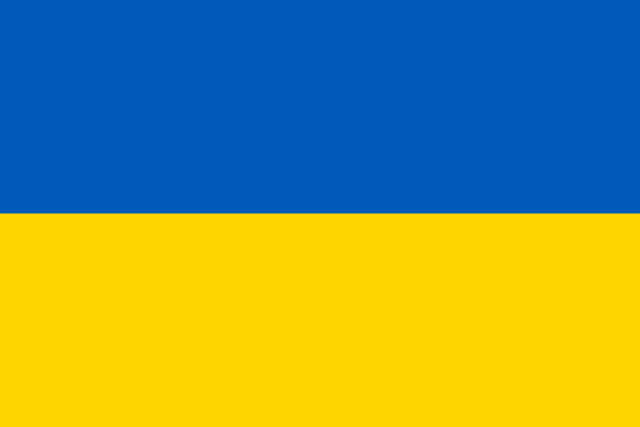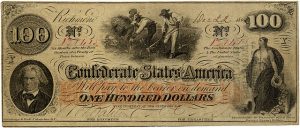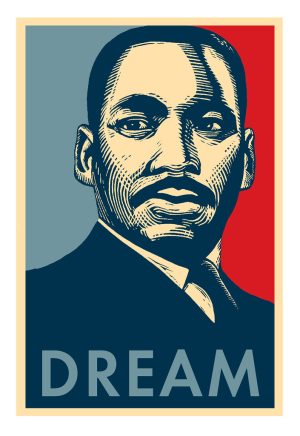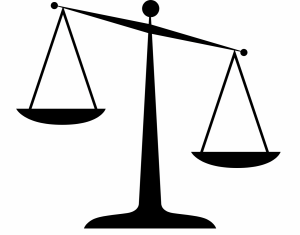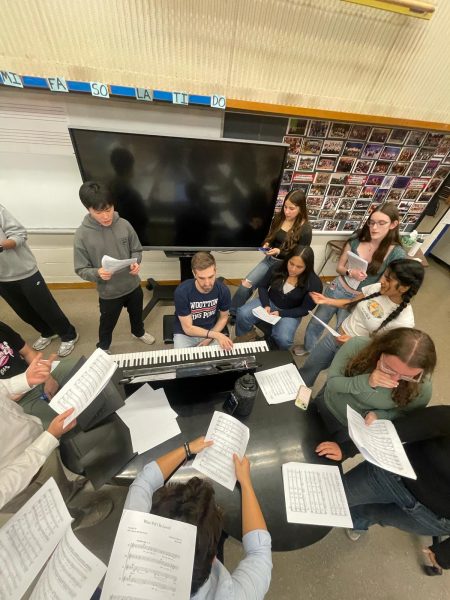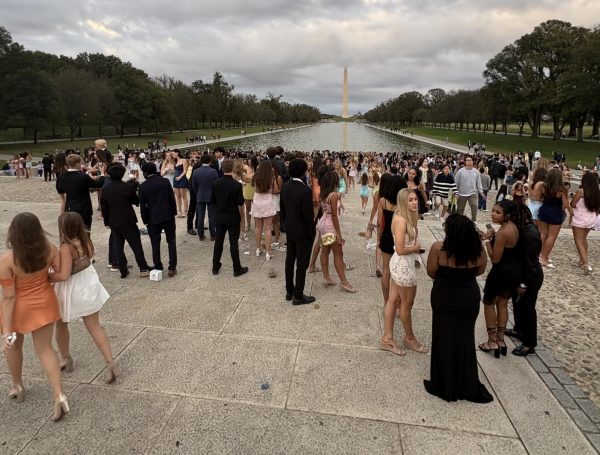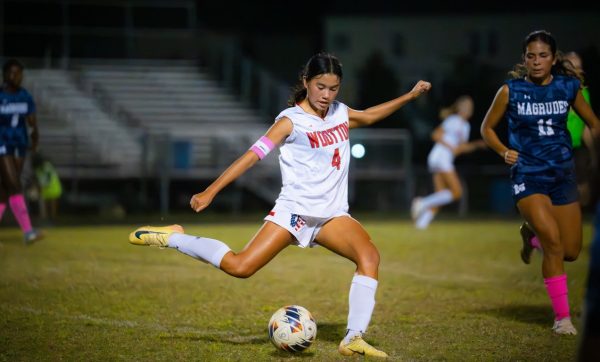Russian invasion of Ukraine reaches one month: What has happened and what could happen?
Image used with permission from Wiki Commons
In the weeks since Russia invaded Ukraine, the Ukrainian flag has become of a symbol of democracy and courage.
The Invasion
Nobody should have been surprised. Vladimir Putin, Russian president and ex-KGB agent, has consistently made clear his yearning for the era he came of age in, the era of Soviet power. The invasion of Georgia in 2008, and the Crimiean Peninsula in 2014 proved that Putin was not seeking diplomatic ways to claw ex-Soviet republics into his control. Russia’s invasion of Ukraine is illegal according to The U.N Charter, which states “U.N. member states refrain from the use of force against the territorial integrity or political independence of any state.”
The exceptions of peacekeeping and a humanitarian mission have both been weaponized by Russian propaganda. Perhaps the most untrue, provocative and hurtful faux-justification for the violent invasion of a sovereign nation is Putin’s claim that the Russian mission is “denazification” of Ukraine, a country led by a Jewish president. This proclaimed mission of denazification invokes World War II and the horror of the Nazi genocide that was the Holocaust. Over a million Jews killed by Nazis were from Ukraine.
Additionally, Russian forces excuted an attack near a memorial to Babyn Yar Holocaust Memorial Center, a place where during WWII, Nazis murdered nearly 34,000 Jews over a 36-hour period in September 1941. According to NPR, The center says Nazis shot between 70,000 and 100,000 people at Babyn Yar, including nearly all of Kyiv’s Jewish population, between 1941 and 1943.
Horrors of War
The typical image of war is of soldiers fighting, gunshots blaring and a battle of wills on the battlefield. It is thought of as a tactical struggle between militaries, and hopefully for a noble cause. A reason to fight may even be to protect those who cannot.
In a horrrific turn, Russia has attacked and bombed places in which wars should never be faught. 56 people died in a tank attack on a nursing home. Nursing homes are tasked with caring for the most vulnerable citizens, and the Russian military had no reservation with instantly ending their lives. In a sobering reminder of the danger of a war zone, Ukraine’s human rights ombudsman Ludmila Denisova said that “it is impossible to get to the site of the tragedy to bury the dead.”
Families will be denied any semblance of closure because of a callous and unnecessary act within a callous and unnecessary invasion. Secretary of State Antony Blinken has recently accused Russia of war crimes, following the growing belief around the world. However, if the secretary of state is willing to say so, it should indicate unassailable evidence of the crimes against humanity committed during this illegal invasion.
Ukrainian Bravery
To the world, the most incredible surprise of this invasion has been the resilience and bravery of the Ukrainian people. Their president, Volodmyr Zelensky, has been a profile in courage and strength when his country needed it most. Unverified as it may be, the story that when offered an escape to a safer country, Zelensky replied “I need ammo, not a ride,” is a microcosm of his attitude in the face of a threat to his country.
There are very few things Americans can agree on. Nearly all can recognize the bravery and leadership of the Ukrainian president. He has understood the value of communication incredibly well. He recently gave a speech to Congress, and, understanding his audience, evoked the words of Martin Luther King Jr., and reminded his audience of similar attacks on America: Pearl Harbor and 9/11.
As the Russian government would claim he had fled, he and his cabinet would release videos of themselves in the streets of Kyiv, the Ukrainian capital. The nature of these videos should remind historians most of FDR’s fireside chats, which reassured a weary nation. His rhetoric has also echoed World War II British Prime Minister Winston Churchill, during a similarly dark time for Ukraine. Zelensky has given his citizens a symbol of courage, helping the morale of a scarred country already mourning the loss of their neighbors.
The speed of the invasion, and the volume of forces used by the Russians, made it clear Putin expected a quick and decisive victory, on a timetable similar to the Taliban takeover of Afghanistan, in which their capital, Kabul, fell in days. However, as the conflict reaches a month, it has become clear the quick victory Putin hoped for will not happen. The brave resistance of the Ukrainian people has led to the deaths of 7,000-15,000 Russian troops, according to NATO.
Russian crackdown
The vast majority of the world is well aware of the truth surrounding this conflict. However, in Russia, their government has increasingly punished any narrative conflicting that of the governments. In the early days of the invasion, they passed a law restricting the press, which among other tenets, forbade the phrase “war” and insisted on the term “special military operation.”
According to Politico, “The new laws, approved by lawmakers in the state Duma, Russia’s lower house of parliament, threaten those who ‘knowingly’ spread so-called false information about all Russian state bodies operating abroad with fines of 1.5 million rubles (around 14,000 USD) and prison sentences of up to 15 years.”
Sanctions
In acting in such an aggressive way, Putin may have exceeded the line avoided with his invasions of Georgia and the Crimean Peninsula. However, the reaction to this illegal act has united NATO and the U.N in ways rarely seen before. Just five countries voted against a U.N resolution condemning the Russian invasion, and the only economically and politically significant ally of Russia that hasn’t blamed them is China, which vaguely has called for peace, without assigning blame.
The economic sanctions imposed on Russian oligarchs and the broader Russian economy have been perhaps the most significant in modern history. We often overuse superlatives, but the speed at which these sanctions were put into place was historic.
These sanctions have been so effective in crippling the Russian economy that the stock market has not yet reopened in Russia, after weeks of suspended trading following the initial days of tumbling stock and the Russian ruble decreasing in value.
The sanctions can be divided into two main categories. Economic sanctions have effects on a broader economy, and financial sanctions deal with banking systems and markets.
According to Vox , Putin and 11 other top Russian government officials have been hit personally with sanctions by the U.S. Treasury Department.
Specifically, “Their names have been added to the Specially Designated Nationals list, a compendium of entities and individuals that includes terrorists, drug cartel leaders, and government officials from countries like North Korea, Iran and Venezuela. Being included on the list effectively means that any assets held in the global banking system are frozen and Americans are legally barred from doing business with those individuals.”
Implications
Without responsible leaders, and even with responsible leaders, a conflict such as this could be the first direct domino of World War III. It is incredibly important that as much support as possible is provided to Ukrainians without entering a nuclear war with Russia, in which there would be no winners, only survivors.
There have been advocates of a NATO-enforced no fly zone. They have argued it is a sure-fire way to protect Ukrainian citizens and discourage the Russian invasion. This policy has a significant chance of ending in catastrophic death and destruction.
A no-fly zone would require the countries enforcing it to shoot down Russian planes, potentially entering America in a war with a nuclear power. The 50-year saga of the Cold War never reached this stage, and with one command, America could reach it in a month. Fortunately, President Joe Biden has signaled this option is off the table, but political pressure is a powerful force in American society.
This invasion has demonstrated to other would-be invaders the consequences for unprovoked aggression. The indiscriminate targeting of civilians and broader illegal status of this invasion has led to unparalleled sanctions and condemnation. Hopefully this forceful response deters any similar action and dissuades Putin from continuing his violent campaign against democracy.
Your donation will support the student journalists of Thomas S. Wootton High School. Your contribution will allow us to purchase equipment and cover our annual website hosting costs.
Ethan is a 2023 graduate.


